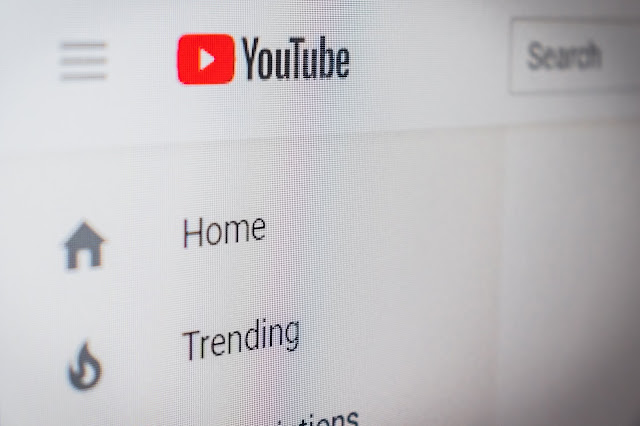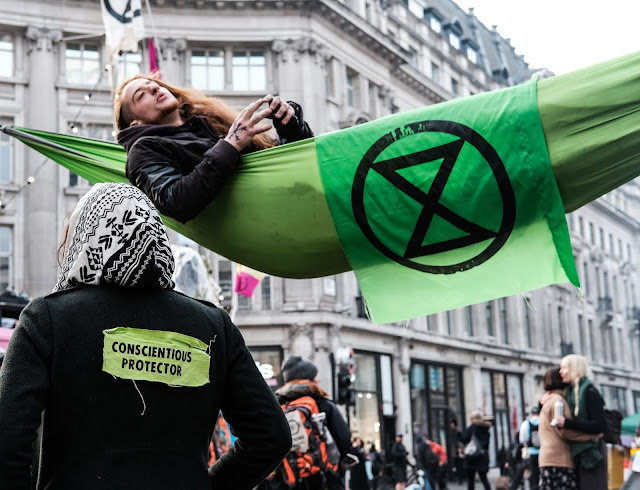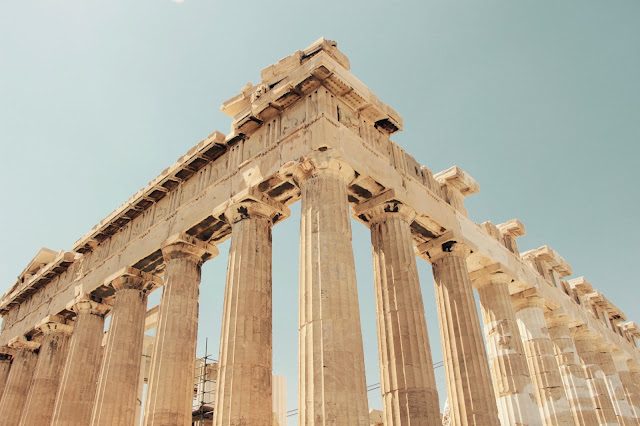Youtube, Monopolies and the Rule of Law

Daniel Priestley - Writer and Editor Most people who regularly use the platform will be aware of the constant criticism of Youtube and their practices. Across the last few years, waves of criticism have come from all corners of the Youtube community, with creators who make their living off the platform offering up damning judgment of it’s actions. In the last few years there has been the attempted integration with Google+, the so called Adpocalypse, suspicions about the in built bias of the trending page, constant unannounced tweaking of the algorithm and more recently the experiments with the subscription feed. I think it’s fair to say that no other company attracts criticism for its decisions in the same way and people seem to want YouTube to act in accordance with different standards. So why is this request a natural and logical reaction to the website, as opposed to a random misguided response to the business practices of a company that is merely seeking profit? Youtube as a ...






